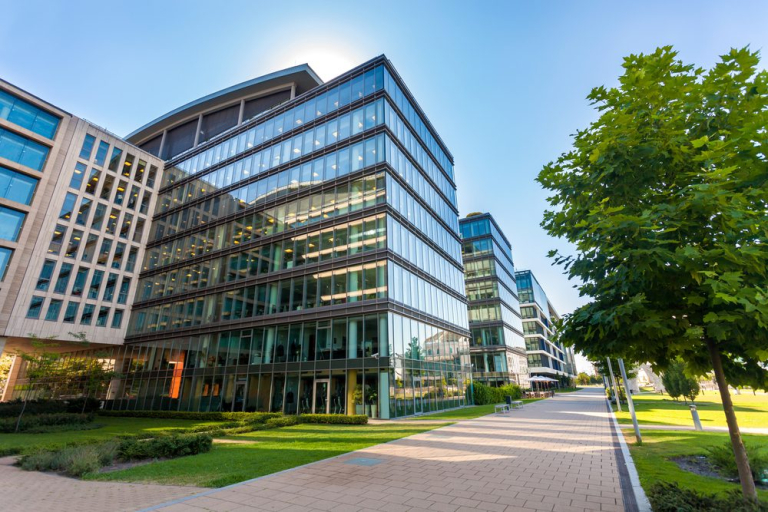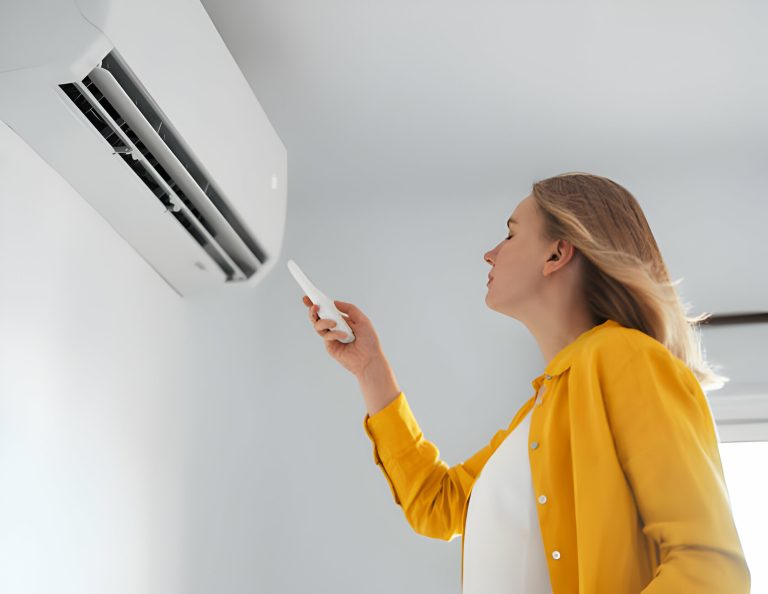The Role of Building Codes in Commercial Building Repairs
Commercial buildings are a vital part of any local community, serving as offices, retail spaces, and more. These buildings are intended to provide functional and safe environments for business owners and their customers. However, commercial buildings are subject to wear and tear, and require repairs to ensure they are functioning correctly. This is where building codes come in – they play a crucial role in commercial building repairs.
Building Codes 101
Building codes are sets of regulations that govern the design, construction, and maintenance of buildings. They provide guidance on everything from structural design to fire safety and energy efficiency. These codes are developed and enforced by local governments to ensure that buildings are safe, healthy, and accessible to everyone.
The history of building codes can be traced back to ancient civilizations like Greece and Rome, where building codes helped to prevent the collapse of structures. Today, building codes are more sophisticated and modern, based on the latest research and technology, and are enforced by trained professionals.
Building Repairs and Maintenance
Commercial buildings face several challenges related to their design, size, and location. Common problems include leaks, poor air quality, outdated electrical and plumbing systems, and structural damage. These issues can pose significant risks to building occupants, and prolonging repairs could result in additional problems.
Regular building inspections are essential for identifying problems and ensuring that buildings are safe for use. Adhering to building code regulations during repairs and maintenance can drastically reduce the risk of future problems and promote building longevity.
Role of Building Codes in Commercial Building Repairs
Building codes play a significant role in commercial building repairs. They provide clear guidance on best practices for architects, engineers, and contractors. Adhering to building codes during repairs is crucial for ensuring that the repairs are completed safely and effectively.
Strict adherence to building codes during repairs promotes compliance with local laws, reduces the risk of accidents, and enhances building efficiency. Building owners who ignore building code regulations could face significant consequences, including fines and legal liabilities. In some cases, ignoring building codes could result in buildings being shut down until the required repairs have been completed.
Best Practices for Building Repairs
To ensure the best possible outcome of commercial building repairs, building owners should take several steps during the repair process. First, they should adequately prepare for building repairs, including identifying the scope of work and hiring a qualified contractor. Secondly, they should ensure that the contractor uses high-quality materials and equipment during the repair process.
Finally, inspecting the completed project is also crucial. Building owners should ensure that the repairs are up-to-code and that the repair has been completed to their satisfaction.
To read more about this topic, check out previous blog post at How to Create a Maintenance Schedule for Your Commercial Building
For more general information on building then please visit: https://www.building.vic.gov.au/
Building codes are essential in commercial building repairs. They provide guidelines for construction and maintenance best practices, ensuring the continued safety and function of commercial buildings. Building owners should follow building codes when making repairs to reduce the risk of accidents, legal liabilities, and to increase building efficiency.







